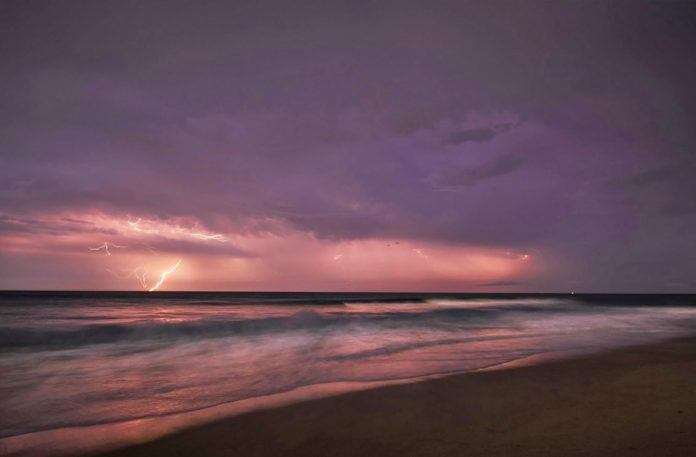
January’s steady stream of long, dry summer days ended this week with heavy rain on Monday morning much to the delight of many a gardener and water-tank watcher.
Last year, January was a scorching month according to Leo Salinger of Weatherwise Auckland. The minimum temperature was 3.3°C above average, whereas the maximum was 1.3°C above average.
“This was from a persistent high-pressure system over the country most of the month,” says Mr Salinger.
“We had the warmest day of the year at 28.6°C on 24 January; this was the fifth warmest day in the past 20 years, the warmest was 30.6°C recorded on 9 February 2009.”
When measuring average daily air temperature, last year was the second warmest year on record according to NIWA. However, in preparing seasonal averages, Mr Salinger says there may be regional differences as well as differences in methods used.
“We measure average daily maximum and daily minimum temperature (as opposed to average daily temperature).
“It is noteworthy that recent trends of climate change have a more pronounced effect on daily minimums due to the blanketing effect of greenhouse gases.”
January 2018 was most notable for unbearably warm nights, according to the climate scientist.
“Averaging a whopping 19.2°C, these were the warmest minimums recorded over the past 20 years. The second warmest month over this period also happened to be February 2018 (18.3°C), followed by 17.7°C in January 2015.”
Warmer nights were a persistent theme throughout last year, with overnight temperatures 1.3°C warmer than the 20-year recorded average while only 0.1°C warmer than 2017.
Last year was also a wet year and was 31 percent wetter than average when measuring total recorded rainfall. Total rainfall was similar to 2017 levels. However, 2018 was more consistently wet, according to Weatherwise.
“Whereas significant one-day rainfall events typified 2017. We note that in 2018 there were 42 days with 10mm of rain or more, against 35 in 2017 and an average of 30 days from our 20-year historical records,” says Mr Salinger.
The most substantial downpour of last year was on 14 December with 70.5mm of precipitation.
“This coincided with a spectacular lightning storm, where it so happened that lightning struck the house of our resident weather observer at 1.30am in the morning.” • Sophie Boladeras






